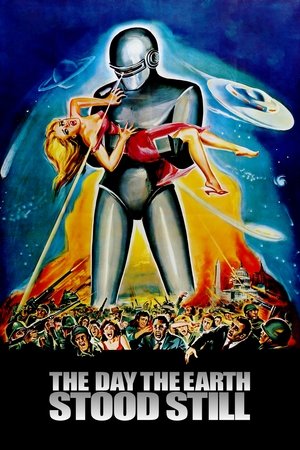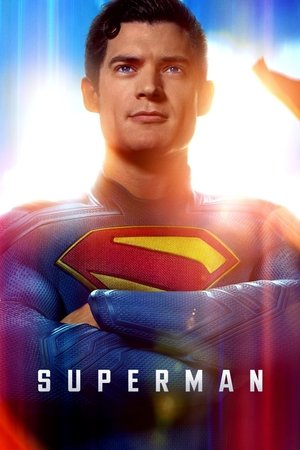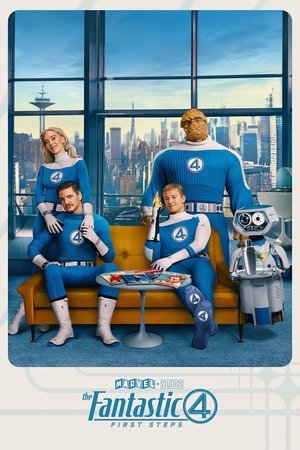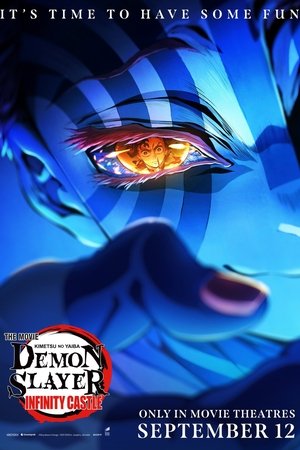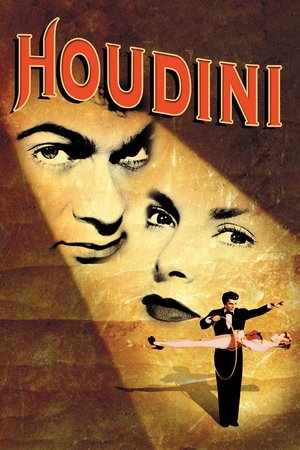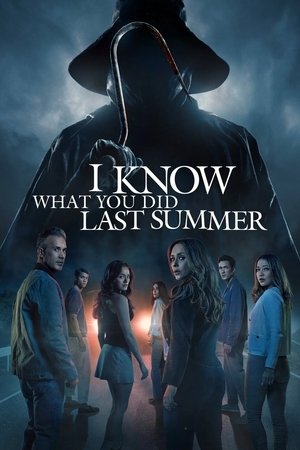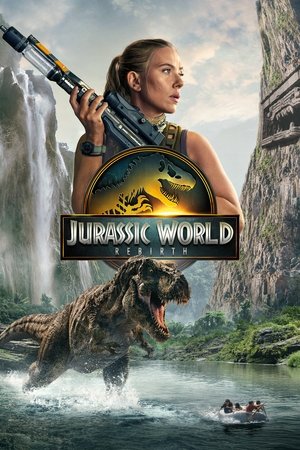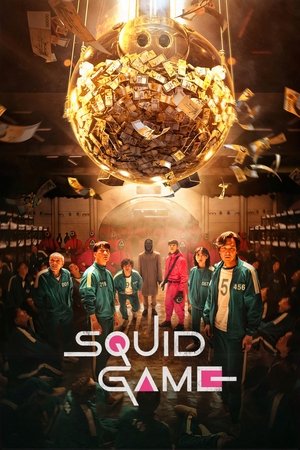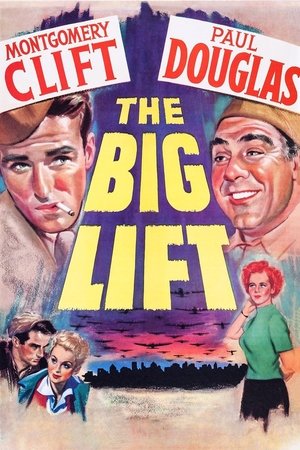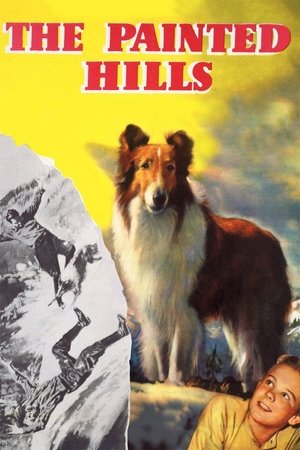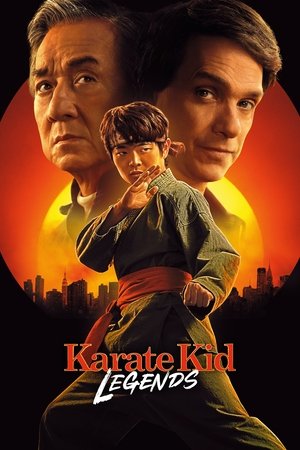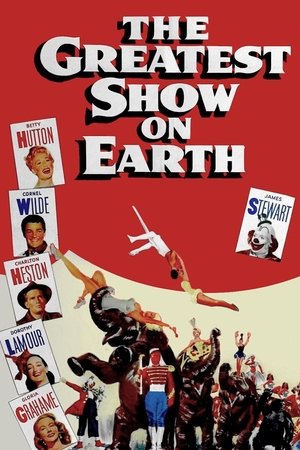The Day the Earth Stood Still (1951)

| Director | Robert Wise |
| Cast | Bess Flowers, Bill Welsh, Billy Gray, Carleton Young, Dorothy Neumann |
| Year | 1951 |
| Country | USA |
| Genres | Drama, Science Fiction, Thriller |
| Duration | 92 min |
| Release | 28 Sep 1951 |
| Language | English |
| Revenue | $1,850,000 |
| Trailer | Watch Trailer |
Synopsis
An alien and a robot land on Earth after World War II and tell mankind to be peaceful or face destruction.
In the wake of World War II, a mysterious alien and his towering robot companion arrive on Earth, delivering an ultimatum that echoes the burgeoning fears of the Cold War era. “The Day the Earth Stood Still,” directed by Robert Wise, is a groundbreaking science fiction film from 1951 that continues to resonate with audiences today. The film, which has an IMDb rating of 7.7, has been praised for its innovative storytelling, thought-provoking themes, and its significant impact on the genre.
The narrative unfolds as Klaatu, the alien visitor, played by Michael Rennie, lands his spaceship in Washington, D.C., capturing the world’s attention. Accompanying him is Gort, an imposing robot with seemingly limitless power. Their mission is clear yet daunting: to warn humanity of its self-destructive tendencies and the potential consequences if peace is not achieved. Klaatu’s message is simple yet profound—earthlings must learn to live in harmony, or they will face annihilation by a coalition of planets concerned about Earth’s aggressive nature.
Patricia Neal stars as Helen Benson, a widowed secretary who becomes an unwitting ally to Klaatu. Her portrayal of a compassionate and curious human struggling with the implications of Klaatu’s warning adds depth to the storyline. The dynamic between Helen and Klaatu offers a human perspective on the alien’s dire message, emphasising the potential for understanding and cooperation between different worlds.
Complementing the leads, Sam Jaffe plays the role of the brilliant scientist Professor Jacob Barnhardt, who serves as a crucial intermediary between Klaatu and the world’s governments. Jaffe’s character embodies the hope that science and reason can bridge the gap between fear and understanding. The interactions between Klaatu and Barnhardt highlight the film’s underlying message about the importance of knowledge and communication in overcoming fear and mistrust.
“The Day the Earth Stood Still” is not only a science fiction classic but also a cultural touchstone that reflects the anxieties and aspirations of its time. The film’s release during the height of the Cold War provides a backdrop that amplifies its themes of peace and global responsibility. The narrative serves as a cautionary tale about the dangers of technological advancement without moral consideration, a sentiment that remains relevant in today’s world.
The film’s genre, science fiction, is expertly utilised to explore these complex themes, using the concept of alien visitation to challenge viewers’ perceptions of their own world. The special effects, though modest by today’s standards, were revolutionary at the time and contributed to the film’s lasting impact. Gort, the robot, is particularly iconic, symbolising both the threat and potential of advanced technology.
Robert Wise’s direction is instrumental in crafting a film that is both engaging and thought-provoking. His ability to balance the narrative’s tension with moments of introspection ensures that the film remains compelling throughout. Wise’s filmography includes other notable works such as “West Side Story” and “The Sound of Music,” but “The Day the Earth Stood Still” stands out for its innovative approach to storytelling within the science fiction genre.
For those interested in exploring more about this seminal film, detailed insights and reviews can be found on websites like HandphoneHub, which provides comprehensive coverage of classic films. The page dedicated to “The Day the Earth Stood Still” at The Day the Earth Stood Still (1951) offers a deeper dive into the movie’s legacy and its place in cinematic history.
In summary, “The Day the Earth Stood Still” is a timeless classic that continues to captivate audiences with its powerful message and compelling execution. Its exploration of themes such as peace, responsibility, and the potential for mutual understanding between disparate cultures resonates as strongly today as it did over seventy years ago. The film’s enduring legacy is a testament to its impact and its ability to provoke thought and discussion across generations.

